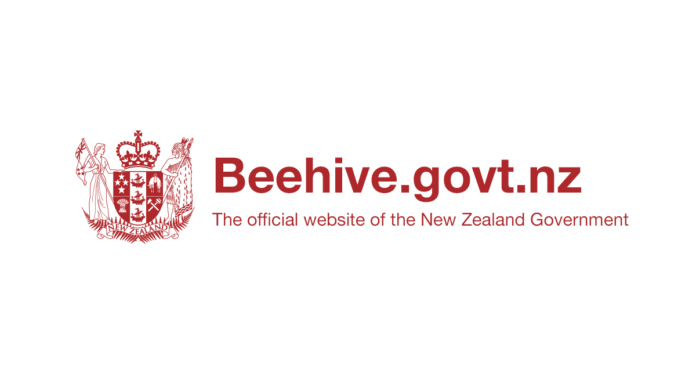Source: New Zealand Government
- Renewable energy fund to target energy hardship with $2.8m (out of $14m) in first round of funding
- Projects to be proof of concept to design future energy solutions
Solar panels and other renewable technology will support more than 200 homes of kaumātua, papakāinga and Māori-owned rentals to provide cheaper power, warmer, and drier homes, and valuable data. It’s part of the Government’s focus on creating targeted renewable energy solutions for Māori and public housing.
“It’s wonderful to see these projects help set up families, marae, and small communities with the long-term benefits of things like solar panels as a low-cost, clean electricity source. These small scale projects will generate approximately 700 KW of solar electricity and provide cheaper power to more than 200 households, with many using innovative micro-grid solutions,” says Energy and Resources Minister Megan Woods.
“Just as importantly, these projects will also provide us with valuable insights and data on how to best deploy renewable energy technologies to achieve the twin aims of combating energy hardship and increasing renewables generation in future.”
Fifteen initiatives will receive funding for renewable energy projects in the Fund’s first round ($2.8m). In total $14 million will go to renewable energy projects for Māori housing over the next four years.
“Some of the projects will go even further by installing household batteries to store surplus electricity, replacing the use of diesel generators to build community resilience, and to trial innovative solutions to share power with others,” said Megan Woods.
“This Fund prioritises projects that aim to improve the health and wellbeing of whānau and tamariki who are experiencing, or who are at risk of energy hardship. It comes on the back of a major boost for Māori Housing in Budget 2021 that will invest $380 million into Māori housing across Aotearoa New Zealand,” says Associate Minister for Māori Housing Peeni Henare.
“We know energy hardship is a real problem for whānau in regions all over the country. By taking advantage of technologies like solar power, they will see significant savings on their energy bills, and it will be easier to keep warm over winter,” Peeni Henare said.
One project in Manawatū will install solar generation and large-scale batteries on four marae to power nearby houses through an innovative energy-sharing platform, targeting vulnerable households.
Another project will install solar generation on homes tenanted by kaumātua and whānau with tamariki at risk of energy hardship in the Ngāi Tahu takiwa.
One of the goals of the fund is to build knowledge about the benefits of different renewable energy solutions.
“By focusing on projects that benefit multiple households – many using innovative distribution and retail solutions – we’re gaining valuable insight into the operational, economic, environmental and wellbeing impacts of renewable energy systems. This insight can help inform larger-scale projects in the future,” Megan Woods said.
More than $2.8 million from the Fund’s $14 million was allocated in this funding round. More information about the projects and future funding rounds is available here.
Approximately $14 million has also been committed to fund renewable energy projects on public housing. This fund is being managed separately and funding announcements will be made in the coming months.
Projects predominantly led by, or for, Māori-affiliated or Māori-run organisations were prioritised for funding.



